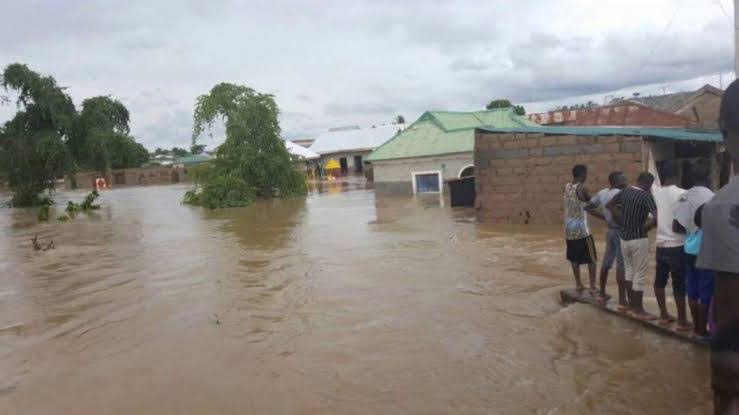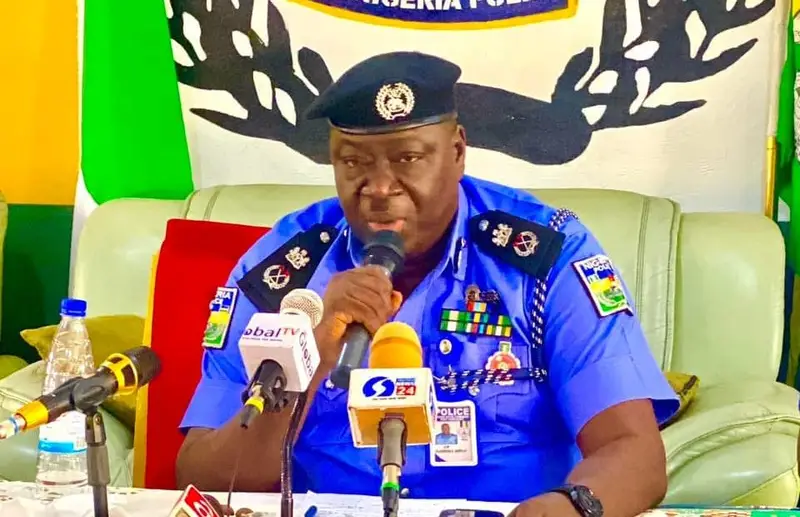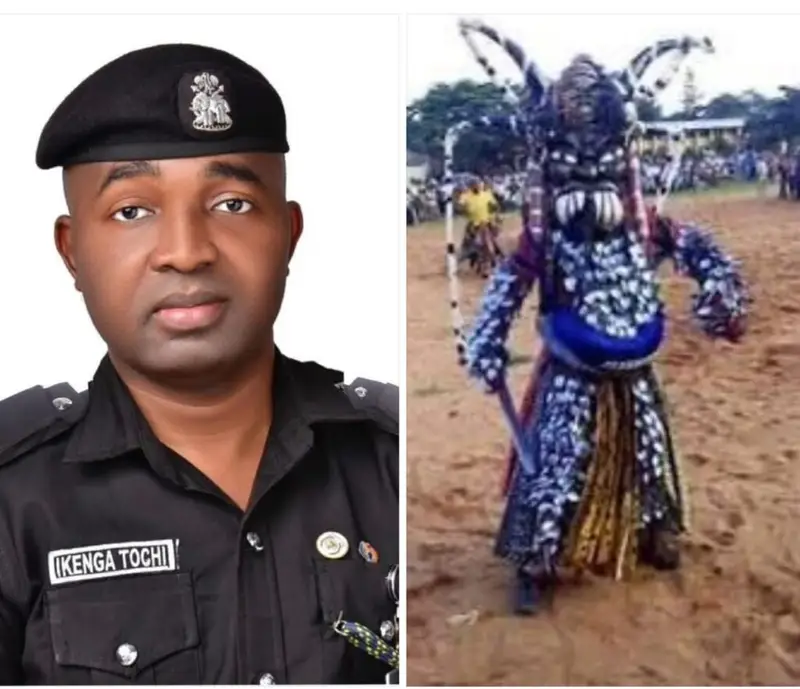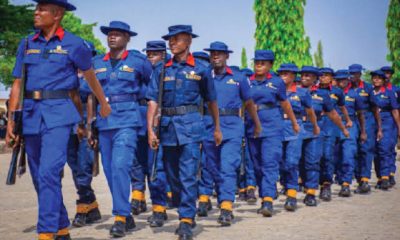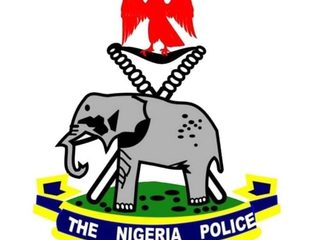Comrade Salifu who doubles as the State Chairman, 2024 Kogi State Flood Disaster Response Committee, said the
is beyond capacity of the state government.
He added that in spite of the state government’s proactive measures towards this year’s flood, the present situation in Edeha and other communities along the route have gone beyond its control.
“It is obvious that the present situation is beyond what the Kogi state Government can handle, we cannot do it alone.
“It is clear that over 70 communities have been affected by the flood and thousands of homes and farmlands submerged,” he said.
While he stressed that the number of damaged properties, including farmlands, were yet to be ascertained, the deputy governor expressed joy that so far, no life has been lost in the affected communities.
He added that most of the inhabitants of the affected communities have relocated to the Internally Displaced Persons (IDPs) camps set up by the state government.
In his remarks, the Chief of Edeha community, Abdullahi Isah, who confirmed that over 70 communities in the area are already under water praised the State government for its prompt action that have saved lives and property.
“We have all moved to higher ground, and most of our people are presently at the IDP camps established in the community.
Meanwhile, the paramount ruler of the community, Ohimegye Kotonkarfe, HRM Saidu Akawu-Salihu said :
“Beyond Edeha , all communities along those routes have been submerged.
“We have such communities like Gaduma, Gabor, Ikumo, Edama, and others all under water as we speak.
‘If you go to the Northern side of Kotonkarfe, you will see communities such as Apaku, Egasema, Oka, Agwo and others also being submerged.

